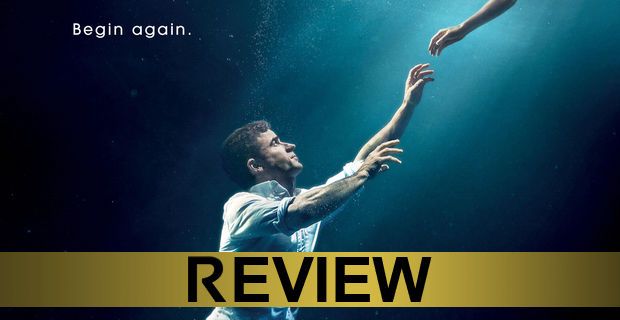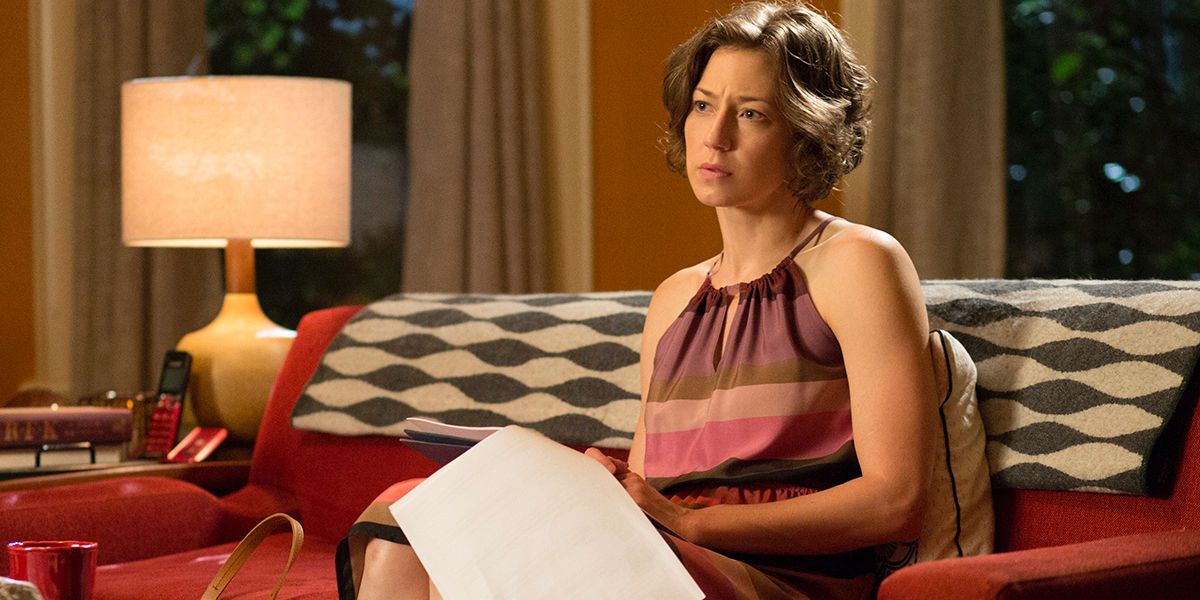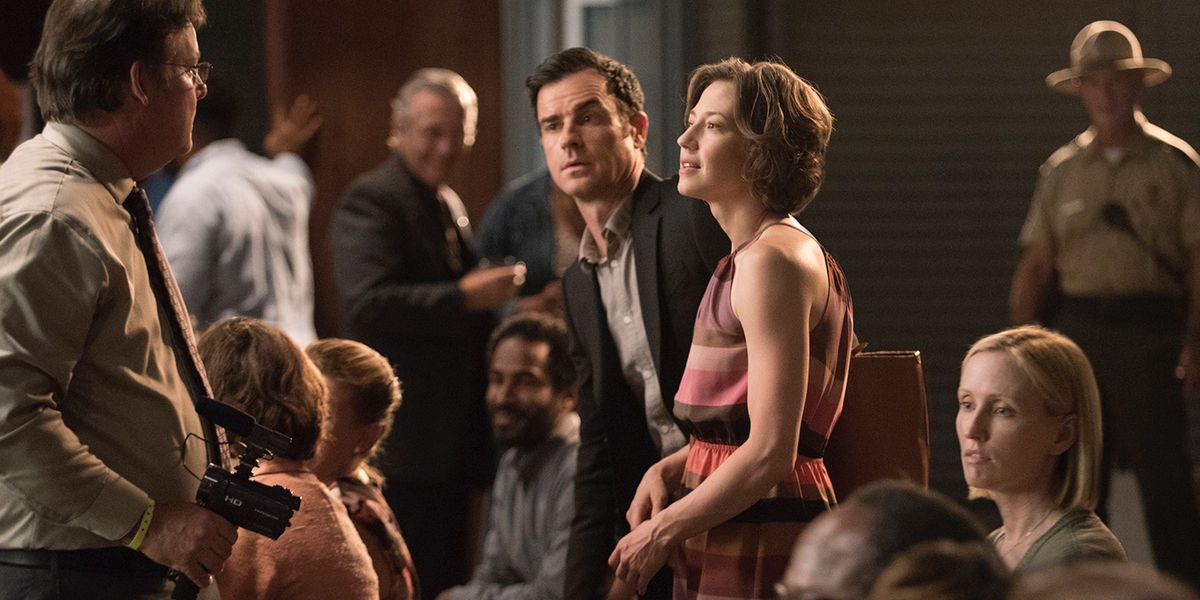[This is a review of The Leftovers season 2, episode 6. There will be SPOILERS.]
-
Since season 1, The Leftovers has used the inscrutable nature of the Sudden Departure to explore the actions of its characters in fascinating ways that adhere in large part to the assumption the world at large is still working its way through a staggering amount of grief and recovering from a tragedy that remains unexplained. As is the case in events where explanation and understanding remain elusive, a natural course of action, in the search for comprehension, is to locate a cause, a catalyst or responsible party, to assess blame, and from there arrive at an answer for the who part of the question, if not the why or the how.
And as is sometimes the case in tragedies and the personal toll they take, there is the tendency for those left unharmed to question whether or not they contributed in some way or another to the emotional anguish through which they and others are suffering. Whether misguidedly assigning blame for an incident in which none can really be assigned, or assuming the misfortune in question is some form of punishment for past behavior on their part, the idea of assigning responsibility and cause to the things that hurt us is often a knee-jerk way of alleviating that pain.
'Lens,' takes the search for reason and blame and applies it in several different ways. From yet another successful cold open focusing on the researcher with zero people skills and his inopportune run-in with both Erika and Nora to the DSD lending credence to a study suggesting certain people operate as lenses – or in someway facilitate the departure of others – the episode examines the lengths to which some will go to craft a narrative that explains the unexplainable, even when the implications of said narrative point and accusatory finger directly at themselves.
What makes the episode work is due in large part to both Regina King and Carrie Coon, who share center stage throughout the hour, determined to display an unshakable outward strength, even though their steadfast resolve is slowly being eaten away from the inside out. But it is also in the universality of their situation, and how a case of survivor's remorse mixed with the incomprehensibility of what appears to be round two of the Sudden Departure has them believing they hold some responsibility for their own sorrow.
Although Nora comes to an unwelcome and equally unknowable conclusion about herself, thanks to the study on lenses and the appearance of Joel Murray's DSD agent, the episode is really focused on providing insight into Erika's character, who has, up to this point, been defined primarily by her relationship with her husband John, her reactions to the actions he takes, and how complicit she has appeared when those actions turned violent. King has been so consistently captivating onscreen it seems odd to think that her character has seemingly been given short shrift during the season's first five episodes. But having King orbit the planet-sized performance of Kevin Carroll for so long only makes what transpires in 'Lens' feel all the more significant.
As such, the answering of the questionnaire winds up being as revealing a moment for Erika as it is for Nora. And again, the universality of Erika appointing her thoughts, her wish – to leave John and for her children to be okay in her absence – a level of significance, to think they might have played some role in Evie's disappearance expands on her character. At the same time, the interplay between her and Nora shows how she turns into the skid that is the Sudden Departure, as Nora desperately cranks the wheel in the opposite direction. The level of character work done by the two performers in that scene is remarkable, not only because it puts them at odds with one another, but also because it puts them both on divergent paths moving forward.
Perhaps what the episode does best is use the notion of confession or of characters coming clean with one another to establish where the plot moving. The hour makes great use of Nora's growing concern that she played some part in the disappearance of her husband and children, as well as Evie's apparent departure, and, given the timing of his confession, Kevin's ongoing mental breakdown and the emergence of Patti. But it also makes the explanation of the bird in the box something more than another unknowable moment; it offers insight into how Erika thinks and where her beliefs lie.
The amplification of the search for answers – either in the form of suspicions as to one's own culpability or the belief that the demon Azrael is responsible – and the opposing interpretations provoked by such a search also amplifies the importance of the season setting. In a world that has become suddenly and frighteningly more mysterious than ever, Jarden provided a small sense of security and comfort. And for The Leftovers to call that security into question, or to prove it false altogether is to reinvigorate the essence of what makes the show so compelling in the first place.
In the aftermath of last week's tense trip through Matt Jamison's life, 'Lens' works primarily as a place-setting episode that establishes or re-establishes the relationships between the Murphys and the Durst-Garvey clan and how they relate to the unique environment in which they find themselves. There are questions abound regarding the girls' disappearance and the implications of Nora acting as a "lens," but through it all, the most compelling aspect of the series isn't the mysterious circumstances these characters find themselves in; it's in their emotional response to those circumstances.
-
The Leftovers continues next Sunday with 'A Most Powerful Adversary' @9pm on HBO.
Photos: Ryan Green & Van Redin/HBO



